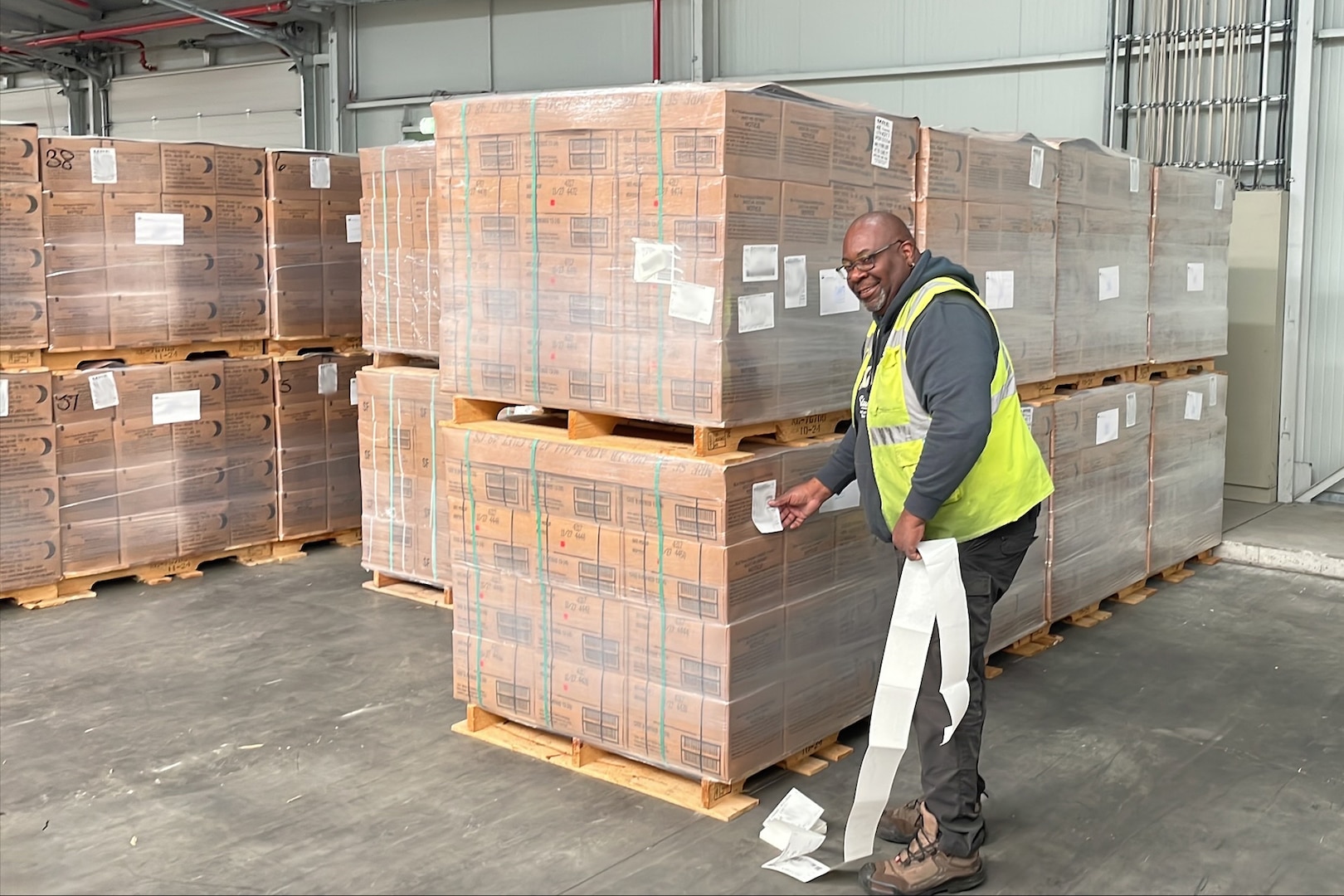
Ghana has successfully hosted the second regional Train-the-Trainers workshop under the Arms Trade Treaty Implementation Support Project (ATT-ISP) in Accra.
The five-day event was part of a wider effort to strengthen arms control and improve regional security across Africa.
Organised by the National Commission on Small Arms and Light Weapons (NACSA) and funded by the European Union, the workshop brought together participants from ten West African countries.
These included experts from government institutions and civil society organisations in Ghana, Nigeria, Côte d’Ivoire, Gambia, Burkina Faso, Guinea, Mali, Liberia, Sierra Leone and Togo.
The Acting Executive Secretary of NACSA, Dr Adams Bonaa said the event focused on building technical capacity for the effective implementation of the Arms Trade Treaty (ATT), which aims to regulate the international trade in conventional arms and prevent their diversion to the illicit market.
He said through advanced training, participants were equipped with skills in key areas such as legislative frameworks, risk assessment, reporting obligations and border control measures.
Dr Bonaa emphasised Ghana’s commitment to peace, security, and responsible arms control.
He explained that the ATT-ISP was a global initiative that assisted countries to meet their treaty obligations, and Ghana’s role in hosting the regional training showed leadership in promoting collective security across the continent.
He also noted that one of the key goals of the workshop was to create a pool of qualified trainers who can return to their respective countries and continue the training efforts locally.
This, he said, would help ensure that more people were aware of the treaty’s requirements and could take part in efforts to reduce the illegal flow of arms.
Rohie Bittaye Darboe from The Gambia one of the newly trained participants expressed appreciation for the opportunity, saying Africa was grateful to Ghana and its partners for investing in experts who could now replicate this training in other parts of the continent.
BY AGNES OPOKU SARPONG










